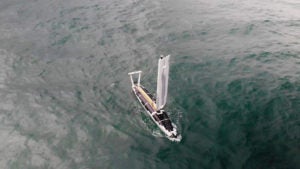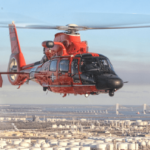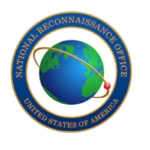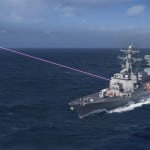
Ocean Aero to Provide DHS S&T Autonomous Marine Vehicles for Research and Testing Ocean Aero says it has received a contract to provide the Department of Homeland Security Science and Technology Directorate a fleet of intelligent autonomous marine vehicles for a research, evaluation and testing program. The company says it will provide a variety of its environmentally-powered autonomous underwater and service vehicles (AUSVs), including Navigator and Discovery models, for the program. The AUSVs will be used in various ocean environments…

 By
By 











